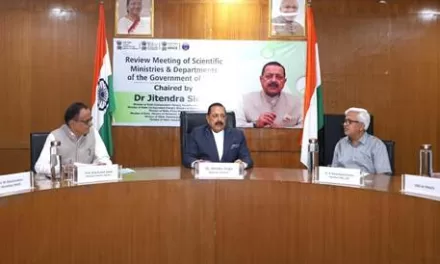Mangaluru: Prostate health remains an under-discussed yet crucial aspect of men’s well-being. Many men are unaware of the existence of the prostate gland, let alone its diseases, symptoms, and implications. The prostate, a small walnut-shaped gland located just below the bladder and encircling the urethra, plays a key role in the male reproductive system by contributing to seminal fluid.
The Aging Prostate: Benign Prostatic Hyperplasia (BPH)
Prostate enlargement, also known as Benign Prostatic Hyperplasia (BPH), is a common part of aging, much like greying hair or hair loss. The symptoms arise primarily from the gland’s pressure on the urethra, leading to urinary difficulties such as trouble starting urination, weak urine flow, frequent nighttime urination, and a feeling of incomplete bladder emptying. In more severe cases, BPH can cause bladder stones, recurrent urinary infections, bleeding in urine, or even painful urinary retention requiring catheterization.
Fortunately, BPH can often be managed with medications that either relax the prostate or shrink its size. If symptoms persist or worsen, surgical options such as endoscopic resection of the prostate may be required.
Prostate Cancer: A Potentially Life-Threatening Condition
Unlike BPH, prostate cancer involves the abnormal and uncontrolled growth of cells in the prostate gland. Early symptoms often mimic those of BPH, making early detection challenging. However, prostate cancer can have far-reaching implications if left undiagnosed, as it may spread to the bones and other organs.
In India, many prostate cancer cases are detected at an advanced stage due to a lack of awareness and early screening. A simple blood test called Prostate-Specific Antigen (PSA) can help detect abnormalities, but it is not always definitive. Elevated PSA levels can lead to unnecessary anxiety and further testing, including MRI scans and prostate biopsies, to confirm cancer.
Diagnosis and Treatment Options
If prostate cancer is diagnosed, further imaging is done to determine the extent of the disease. Based on the findings, treatment strategies may include robotic or laparoscopic surgery to remove the prostate, radiotherapy, or—if the cancer has spread beyond the prostate—palliative therapy aimed at controlling the disease and improving quality of life.
Not all prostate cancers progress at the same rate. Some cases require immediate and aggressive treatment, while others can be safely observed over time. A personalized treatment approach, guided by a urologist, is essential to ensure the best outcome while maintaining the patient’s quality of life.
A Holistic Approach to Prostate Health
Cancer, in its various forms, can be physically and emotionally challenging for patients and their families. A comprehensive approach to diagnosis and treatment, keeping the patient’s well-being at the forefront, is crucial in managing both BPH and prostate cancer effectively.
Dr. Prajwal Ravinder, Senior Consultant Urologist and Renal Transplant Surgeon, KMC Hospital, Mangaluru.
Disclaimer: This article is for informational purposes only and should not be considered medical advice. Individuals experiencing prostate-related symptoms should consult a qualified healthcare professional for proper evaluation and treatment.












